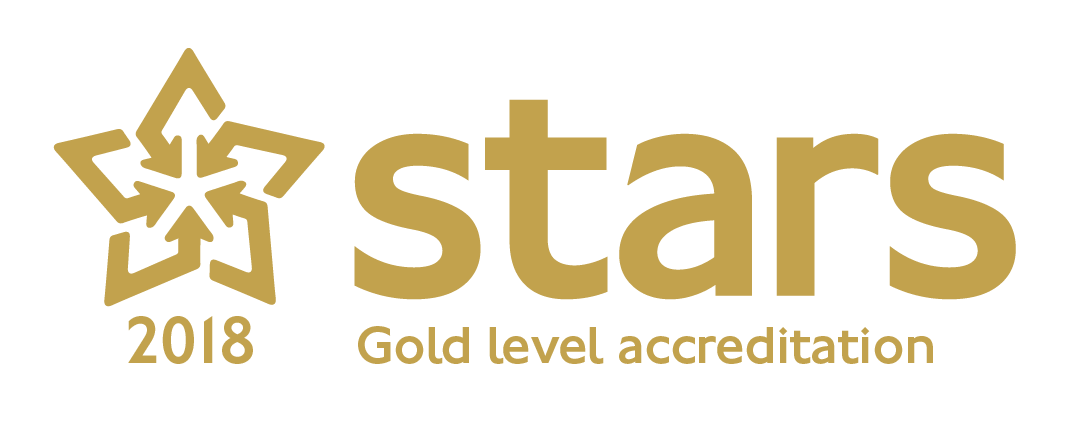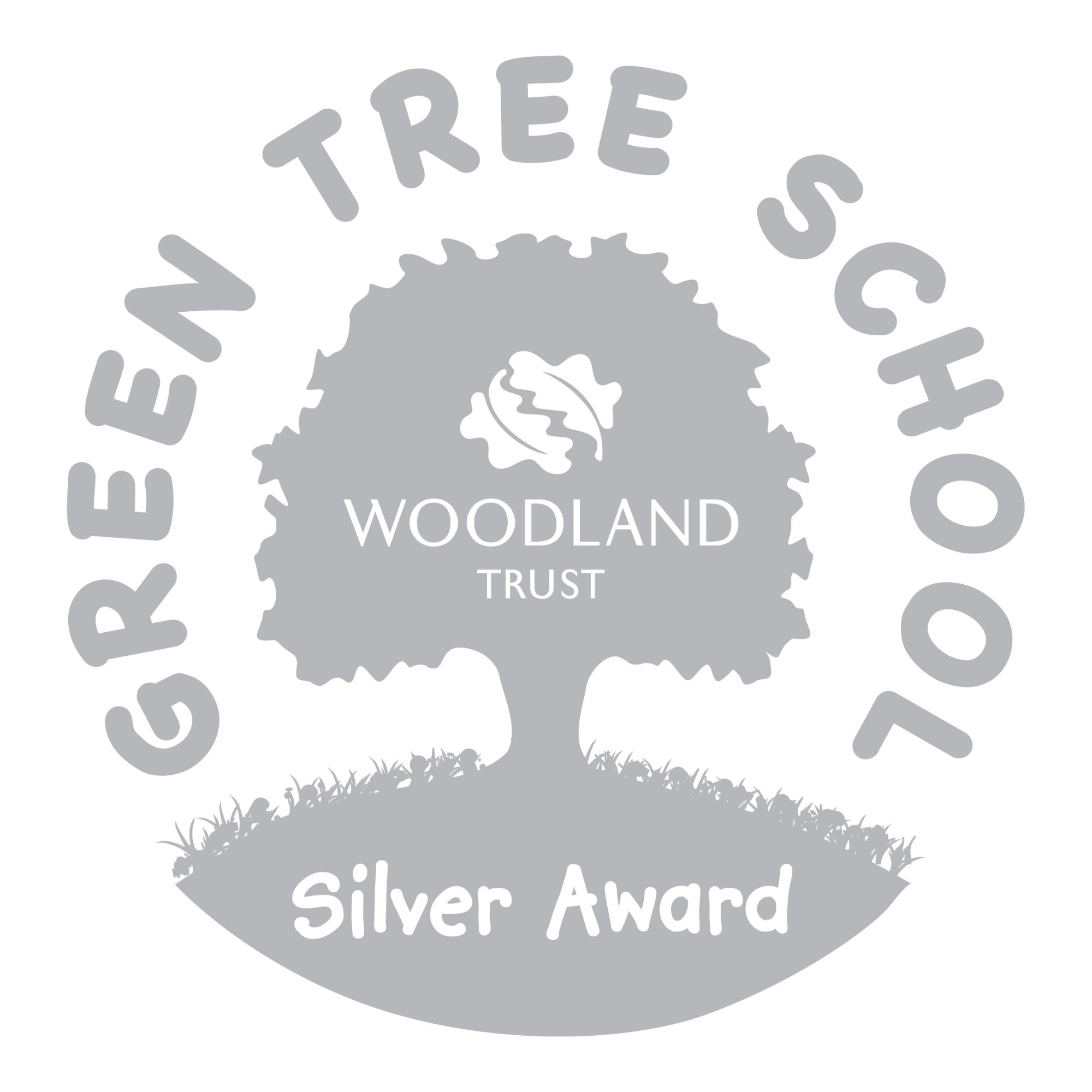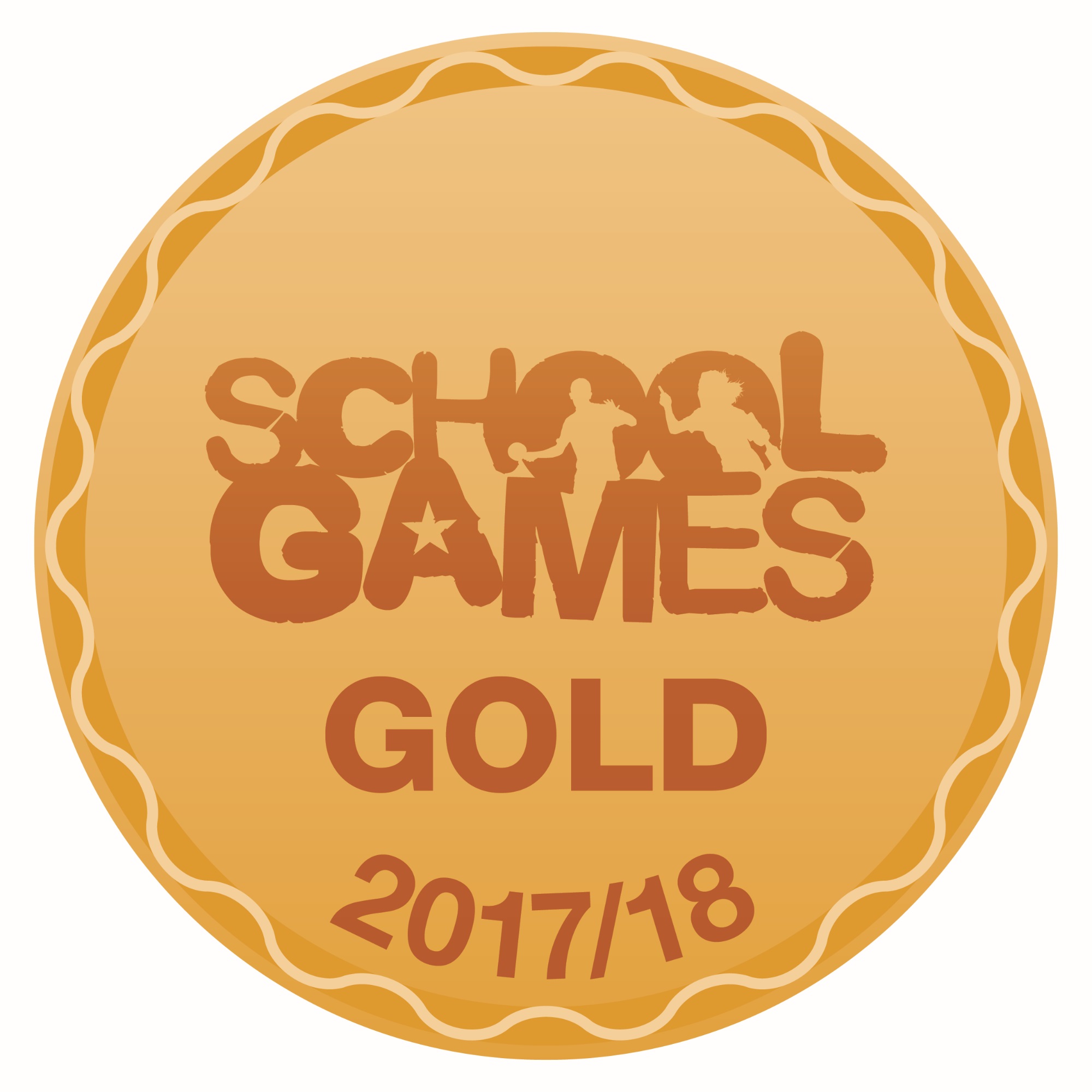5 Sycamore
Year 5 Summer 2 Overview
As we enter our final half-term of the year, pupils will continue to challenge themselves with exciting new topics and creative learning opportunities across the curriculum. Here's what we will be focusing on:
English: The Wilderness War
This term, pupils will explore The Wilderness War — a story that sparks curiosity, imagination, and environmental awareness. Inspired by the book’s themes and structure, pupils will write their own flashback narratives from the perspective of the main character, Noah. They will develop their understanding of narrative structure, weaving together past and present events to build atmosphere, suspense, and emotional depth. As they build their writing skills, pupils will practise using varied sentence structures, figurative language, and precise vocabulary to show character emotions and key turning points. By the end of the unit, each pupil will have crafted a reflective and engaging story that reveals how past experiences shape a character’s decisions and beliefs.
Maths: Decimals and Strategies for Problem-Solving
In Maths, our focus will return to decimals, building on knowledge from earlier in the year. Pupils will learn to read, write, and calculate with decimals confidently, using strategies to solve multi-step problems involving money, measures, and data. They will refine their reasoning and fluency, applying different strategies such as bar models, estimation, and inverse operations to check and explain their answers. Through rich problem-solving tasks and investigations, pupils will continue developing their independence and resilience in mathematical thinking.
Science: Fossil Fuels and the Environment
Our final Science topic explores fossil fuels and their impact on the environment. Pupils will learn what fossil fuels are, how they are formed, and how they are used as energy sources today. They will explore the environmental consequences of using fossil fuels, including pollution and climate change, and compare them with renewable energy options. Through debates, investigations, and creative projects, pupils will consider how energy choices affect the planet and discuss what we can do to help create a more sustainable future.
History: The Kingdom of Benin
This half-term, pupils will delve into the rich and powerful history of the Kingdom of Benin, one of West Africa’s most influential civilisations. They will learn about:
- The leadership and significance of the Oba (king),
- The religious, social, and cultural structures of Benin society,
- Benin’s remarkable art, trade, and achievements during its height,
- And the legacy of the Kingdom and its relevance today.
Through historical sources, creative writing, and visual storytelling, pupils will explore how this sophisticated kingdom contributed to world history.


R.E.: Ontology and Dharmic Views of Reality
In R.E., pupils will explore big philosophical questions around ontology – the nature of reality. They will investigate how Dharmic religions (including Hinduism, Buddhism, and Sikhism) understand the nature of life, existence, and the universe. Through discussion, reflection, and comparison with other belief systems, pupils will deepen their thinking about different worldviews and develop their ability to express thoughtful opinions with respect.
Design & Technology: Food Technology – Bolognese!
In D.T., our focus is on food preparation and nutrition. Pupils will learn how to make a classic Bolognese sauce, exploring safe cooking techniques, flavour combinations, and the importance of nutrition. They will also consider ingredient choices and cultural variations of this popular dish. This hands-on, practical unit will help pupils build confidence in the kitchen, follow instructions, and understand how food can bring people together.

Year 5 Summer 1 Overview
As we enter the final term of the year, our learning journey continues with a fresh set of exciting topics across all subjects! Here’s what we will be focusing on:
English: Mama Miti
This term, we will be exploring the inspiring life of Mama Miti, a woman renowned for her dedication to improving the lives of those in her community through tree planting and sustainable change. Through the story of her journey, pupils will be encouraged to narrate the tale from the perspective of a villager, using vivid descriptions, emotive language, and rich vocabulary to bring the setting and characters to life.
As part of this unit, pupils will develop their narrative writing skills, focusing on character development, setting descriptions, and the power of storytelling to inspire and inform. They will explore Mama Miti’s impact on the land and the people around her, learning how to convey empathy and perspective in their writing.
In addition to writing a narrative, pupils will research and write an informative report on the importance of trees for the environment—exploring how trees provide oxygen, support wildlife, and help combat climate change. They will include the Mayor’s Greening Project and the role Wessex Gardens has played in planting trees outside our school. Using their findings, pupils will craft clear, well-structured information reports that explain the benefits of tree planting and how everyone can contribute. By the end of this unit, children will have created two impactful pieces of writing: a heartfelt narrative from a villager’s perspective and a detailed report highlighting the significance of tree planting.






Maths: Shape, Position, and Direction
In this term’s Maths unit, we will focus on shape, position, and direction. Pupils will learn how to measure and classify different types of angles, including acute, obtuse, and right angles. They will also explore angle properties, such as angles on a straight line and around a point, and use these concepts to solve problems. Pupils will practice using protractors and apply their knowledge of angles to real-world situations, like in construction and design. Reasoning and problem-solving will play a key role as they justify their answers and deepen their understanding of geometric relationships.
They will also develop their understanding of position, using coordinates and grid references to navigate shapes and spaces. In addition, pupils will explore real-world applications, such as how directions and coordinates are used in navigation, mapping, and other practical scenarios.
Science: Living Things and Their Habitats
This half-term in Science, our focus has been on living things and their habitats, with an emphasis on the incredible variety of life cycles and adaptations in the natural world.
Pupils explored the life cycles of a range of animals, including insects, mammals, amphibians, and more. They learned how different species grow and change, comparing the stages of metamorphosis in insects (like butterflies and beetles), the development of amphibians (like frogs), and the more familiar life cycles of mammals. Pupils used diagrams, models, and research to deepen their understanding, noting similarities and differences across species.
We also investigated plant reproduction, focusing on both sexual reproduction (growing plants from seeds) and asexual reproduction (growing new plants from cuttings). Pupils actively participated in planting and caring for their own specimens, carefully observing their growth over time. These practical activities helped bring scientific concepts to life and encouraged curiosity and responsibility.
Through fieldwork, hands-on investigations, and collaborative research, pupils developed a well-rounded understanding of ecosystems, food chains, and the importance of biodiversity.




Geography: The UK and the Alpines
In Geography, we will explore the UK and the Alpines, comparing and contrasting the geographical features, climates, and cultures of these regions. Pupils will learn about the physical and human geography of the UK, focusing on major landmarks, cities, and landscapes. They will also delve into the Alpine region, examining the mountains, wildlife, and environmental challenges faced by these areas. By the end of the unit, pupils will have developed their map-reading skills and will be able to explain the unique characteristics of both the UK and the Alps.


PSHE: Healthy Minds, Healthy Me
This half-term, our PSHE focus will be on promoting healthy minds and healthy living. Pupils will explore how to take care of their mental well-being, learning about stress management, mindfulness, and the importance of positive thinking. They will also focus on developing healthy habits, such as getting enough sleep, eating well, and staying active. Through engaging activities, role-playing scenarios, and discussions, pupils will develop the skills they need to maintain a balanced, healthy lifestyle and a strong sense of self-care.

We’re looking forward to another fun-filled term full of learning, creativity, and personal growth!
Year 5 Spring 2 Overview
As we move into the second half of the Spring term, our learning journey continues with exciting new topics across all subjects!
Dates for your diary:
14th March 2025 - British Science Week Fair at Whitefields
19th March 2025 - British Museum
21st March 2025 - West Hampstead Fire Station
Here’s what we will be focusing on:
English: Narrative Writing with Beowulf
This term, we are delving into the thrilling world of Beowulf, an epic tale of bravery and heroism. Using this legendary story as inspiration, pupils will develop their narrative writing skills. They will explore the use of descriptive language, figurative techniques such as similes and metaphors, and powerful vocabulary to create vivid and engaging stories. Through focused writing exercises, pupils will build suspense, describe intense battle scenes, and bring mythical creatures to life. By the end of the unit, they will craft their own gripping heroic narratives, drawing inspiration from the epic adventures of Beowulf.
Maths
Last half-term, pupils focused on deepening their understanding of fractions, mastering skills such as multiplying fractions by integers and calculating fractions of amounts. They developed their problem-solving abilities by tackling complex fraction-based challenges, building a strong foundation in logical thinking and mathematical reasoning. Building on this knowledge, we now turn our attention to decimals, percentages, and measurement.
Maths: Decimals, Percentages, and Fractions
In Maths, our focus shifts to understanding decimals and percentages. Pupils will be learning how to read, write, and compare decimals up to three decimal places, ensuring they develop a strong grasp of place value and number relationships. They will also explore the connections between fractions, decimals, and percentages, developing fluency in converting between these forms. As they progress, pupils will apply their knowledge to real-world problems, including calculations involving money, measurements, and data interpretation.
Maths: Perimeter and Area
Additionally, pupils will learn how to calculate perimeter and area, understanding how these concepts apply to different shapes and real-life contexts. They will explore strategies for measuring and calculating these properties accurately, ensuring a deep understanding of how space and measurement are used in everyday scenarios. Reasoning and problem-solving will play a crucial role in this unit, encouraging pupils to justify their thinking and deepen their mathematical confidence.
Science: Earth and Space
This half-term, we will embark on an exciting exploration of Earth and Space. Pupils will investigate the structure of the Solar System, identifying the planets and understanding their movement in relation to the Sun. They will discover how the Earth's rotation causes day and night and how its orbit around the Sun leads to seasonal changes. Pupils will also learn about the Moon’s phases and how they occur, as well as the science behind eclipses. We will delve into the history of space exploration, discussing key figures and missions that have expanded our understanding of the universe. Through hands-on experiments, model-making, and research projects, pupils will develop a deeper understanding of the forces that govern our Solar System and the vastness of space beyond our planet.


As part of our Earth and Space unit, we visited the Science Museum in London. During the trip, pupils engaged with hands-on exhibits, explored authentic space technology, and enhanced their knowledge of the Solar System, planetary movements, and the milestones of space exploration. This immersive experience brought the topic to life and ignited a deeper curiosity about the vast universe beyond Earth.


Following our learning, pupils proudly showcased their understanding in a special class assembly. They shared interesting facts, performed demonstrations of celestial events, and clearly explained key scientific ideas to their families and classmates. The assembly was a wonderful chance to highlight their creativity, confidence, and passion for science.

History: Early Islamic Civilisation – Baghdad and the Golden Age
Continuing our exploration of the early Islamic civilisation, we will now focus on the remarkable city of Baghdad and its Golden Age. Pupils will learn about:
- The founding of Baghdad and why it became a centre of learning and culture.
- The House of Wisdom: a great centre for scholars, scientists, and philosophers.
- The contributions of early Islamic scholars in mathematics, medicine, astronomy, and literature.
- The impact of these advancements on the modern world. Through discussions, research, and creative projects, pupils will appreciate the achievements of this era and its legacy.


To bring our learning to life, we have an exciting trip planned to the British Museum to explore the Islamic World Gallery. Pupils will have the opportunity to see historical artefacts, manuscripts, and artworks from this incredible civilisation, deepening their understanding of its cultural and scientific achievements. This immersive experience will help pupils connect their classroom learning to real-world historical treasures, making history come alive in an engaging and memorable way.
PSHE: Teamwork and Online Safety
This half-term, our PSHE focus is on teamwork and online safety. Pupils will develop essential skills such as:
• Effective communication and active listening.
• Understanding the importance of staying safe online and how to protect personal information.
• Working collaboratively to achieve shared goals.
• Recognising and valuing each other’s strengths in group settings.
To kickstart our teamwork theme, we began with an exciting hook lesson where pupils worked in teams to build the tallest free-standing tower using marshmallows, spaghetti, and tape. They had to plan their structure carefully, communicate effectively, and support one another to achieve their goal. This engaging challenge encouraged strategic thinking, problem-solving, and cooperation. After completing the task, pupils took time to reflect on their efforts in working as a team. They discussed what went well, how they communicated, and what they could do differently next time to improve their teamwork. This reflection process helped them recognise the importance of collaboration and consider ways to enhance their team dynamics in future projects.

Through interactive activities, role-playing scenarios, and group projects, pupils will build their confidence in working as part of a team and develop positive relationships with their peers.
R.E.: Religious Symbols and Barnet’s Embrace of All Faiths
In R.E., we will explore the importance of religious symbols in different faiths, understanding their meanings and significance. Pupils will learn about symbols from Christianity, Islam, Hinduism, Sikhism, Judaism, and Buddhism. Additionally, we will look at how our local borough, Barnet, celebrates and respects all religions, fostering a diverse and inclusive community. Through discussions and reflections, pupils will gain a greater appreciation of the role of faith and belief in society.

It’s shaping up to be another fantastic half-term, full of engaging lessons, creativity, and opportunities for personal growth!
Year 5 Spring 1 Overview
In Year 5, our term will be packed with exciting topics and engaging activities across all our subjects! Here’s what we’ll be focusing in Spring 1:
English: Exploring Romeo and Juliet
This term, we’ll be diving into Shakespeare’s timeless tale of Romeo and Juliet. Our English work will include:
- Character and Scene Analysis: Pupils will explore the key characters and pivotal scenes in the play, analysing how Shakespeare develops themes of love, conflict, and fate.
- Reimagining the Story: Students will rewrite scenes with a modern twist, considering how the themes of Romeo and Juliet resonate today. They’ll hone their descriptive writing skills while bringing the timeless story into a contemporary context.
- Performance and Expression: To bring the play to life, pupils will practise dramatic readings, focusing on tone, expression, and stage directions to convey the powerful emotions in the story.

Science: Human Life Stages
In Science, we’re exploring the fascinating life stages of humans, from infancy to old age. Students will learn about the physical and emotional changes that occur at each stage and how these stages interconnect. Discussions and activities will help them reflect on their own growth and understand the science behind these changes.
Maths: Fractions Mastery
In Maths, we’re focusing on deepening our understanding of fractions. Pupils will develop their skills through the following steps:
- Multiply unit fractions, non-unit fractions, and mixed numbers by integers.
- Calculate fractions of quantities and amounts.
- Use fractions as operators and find the whole.
This unit encourages logical thinking and problem-solving as students tackle complex challenges with confidence.
History: Early Islamic Civilisation
In History, we’re learning about the early Islamic civilisation, focusing on the life and teachings of the Prophet Muhammad (PBUH) and the key moments that shaped this influential period in history. Pupils will explore:
- The Prophet’s Early Life: Understanding his journey from his birth in Makkah to his role as a leader and teacher.
- Significant Events: Examining pivotal moments, such as the revelation of the Qur’an, the Hijrah, and the establishment of the first Muslim community in Madinah.
- The Legacy of the Civilisation: Investigating the lasting impact of the early Islamic civilisation on science, culture, and philosophy.
Art: Lines, Lights, and Shadows
This project introduces pupils to the visual qualities of line, light, and shadow. They’ll explore the work of Pablo Picasso and Rembrandt, learning about shading techniques and their use of contrast. Pupils will take black-and-white photographs and reimagine these images in shaded drawings using pencil, pen, and ink wash.
R.E.: Pilgrimage and Sacred Places
In R.E., we’re exploring the concept of pilgrimage and sacred places in Christianity, Buddhism, Judaism, and other worldviews. Pupils will learn about the significance of pilgrimage, the reasons people undertake such journeys, and the importance of sacred sites in different faiths.
PSHE: Healthy Lifestyles and Building Friendships
This term, our PSHE topics include:
- Healthy Lifestyles: Pupils will explore mental wellbeing, physical health, healthy eating, and preventative health measures, fostering an understanding of how to look after themselves.
- Friendships and Coping with Bullying: Through discussions and activities, pupils will develop skills in building caring and respectful relationships, managing online interactions, and staying safe.
It’s shaping up to be a fantastic term in Year 5, with plenty of opportunities for learning, creativity, and personal growth!
















